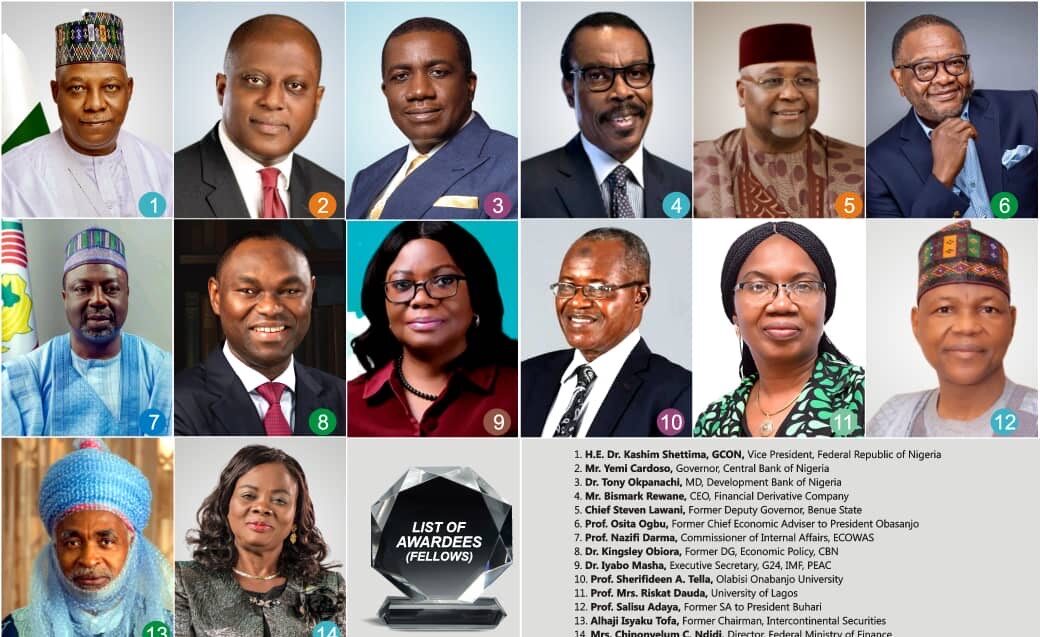Sunday Aborisade in Abuja
In a significant diplomatic and legislative milestone, Nigeria and Malawi have taken a major step toward deepening bilateral relations and strengthening democratic institutions across Africa.
This comes as the National Institute for Legislative and Democratic Studies (NILDS) yesterday hosted a capacity-building workshop for a delegation from the Parliament of Malawi, led by its First Deputy Speaker, Hon. MadalitsoKazombo.
The workshop, which opened at the NILDS permanent site in Abuja, was designed to enhance the institutional capacity of Malawi’s lawmakers and parliamentary staff.
It also highlighted Nigeria’s growing role as a leader in regional parliamentary diplomacy and legislative development.
Welcoming the Malawian delegation, Director-General of NILDS, Prof. AbubakarSulaiman, emphasised the importance of sustained collaboration among African parliaments to entrench democratic values, legislative effectiveness, and people-centered governance on the continent.
According to Sulaiman, “This programme is not just about legislative training; it is a clear demonstration of Africa’s readiness to solve its problems by building strong institutions through cooperation and mutual support.
“NILDS is proud to facilitate this exchange of knowledge and best practices.”
The workshop, which would run throughout the week, is set to focus on critical aspects of parliamentary work, including legislative drafting, effective oversight, committee operations, policy analysis, and constituency engagement strategies.
Participants would also have the opportunity to interact with Nigerian lawmakers and visit key democratic institutions in the country.
In his keynote address, Kazombo expressed gratitude to NILDS and the Nigerian National Assembly for their warm hospitality and commitment to African solidarity.
He described the visit as “a learning mission” that would strengthen legislative competencies and broaden perspectives for lawmakers back home.
Kazombo said, “We are here to deepen our understanding of legislative processes, to exchange ideas, and to learn from the Nigerian experience.
“Nigeria has one of the most robust democratic systems in Africa, and the work being done by NILDS is a clear example of how institutional support can drive democratic excellence.”
Kazombo further called for sustained engagement between African legislatures to build resilience, improve accountability, and respond more effectively to the challenges faced by citizens.
He said, “As parliamentarians, our mandate is not only to make laws but to empower our people through quality representation.
“We look forward to replicating some of the knowledge and practices we acquire here back in Malawi.”
Also present at the opening session were senior officials from NILDS and staff from the National Assembly, many of whomemphasised the importance of south-south cooperation in building legislative capacity across the continent.
The initiative is part of NILDS’ continental outreach strategy, which has seen the Institute collaborate with several African parliaments over the past decade.
Countries such as Ghana, Sierra Leone, Liberia, and The Gambia have previously benefited from similar engagements.
Analysts say the growing interest in NILDS’ programmes reflects the institute’s rising stature as a centre of excellence for legislative education, capacity development, and research in Africa.
Since its establishment, the NILDS has provided technical assistance, training, and policy support to both national and sub-national legislatures in Nigeria and beyond.
The Malawian delegation’s visit comes at a time when regional cooperation is being emphasised as a necessary strategy for navigating common challenges including insecurity, economic hardship, governance reform, and democratic consolidation.
For Nigeria, the workshop represents both a diplomatic opportunity and a reaffirmation of its leadership role in Africa.
It aligns with the National Assembly’s broader vision of legislative diplomacy—using parliamentary engagements to foster mutual understanding, development partnerships, and regional peace.
In closing, Sulaiman urged the Malawian delegation to make the most of the experience, stressing that peer learning among African countries remains one of the most sustainable methods of institutional development.
“We hope this is just the beginning of a long-term partnership. Africa’s future depends on strong parliaments, and we are honored to support that future through platforms like this,” he said.
As the week-long programme progresses, participants are expected to engage in hands-on sessions, case studies, and group discussions that reflect both Nigerian and international best practices.
There would also be a cultural exchange element, aimed at fostering mutual respect and appreciation between the two nations.
With the successful commencement of this workshop, observers say the NILDS-Malawi engagement may pave the way for more structured inter-parliamentary cooperation across Southern and West Africa, advancing the continent’s democratic resilience one institution at a time.


